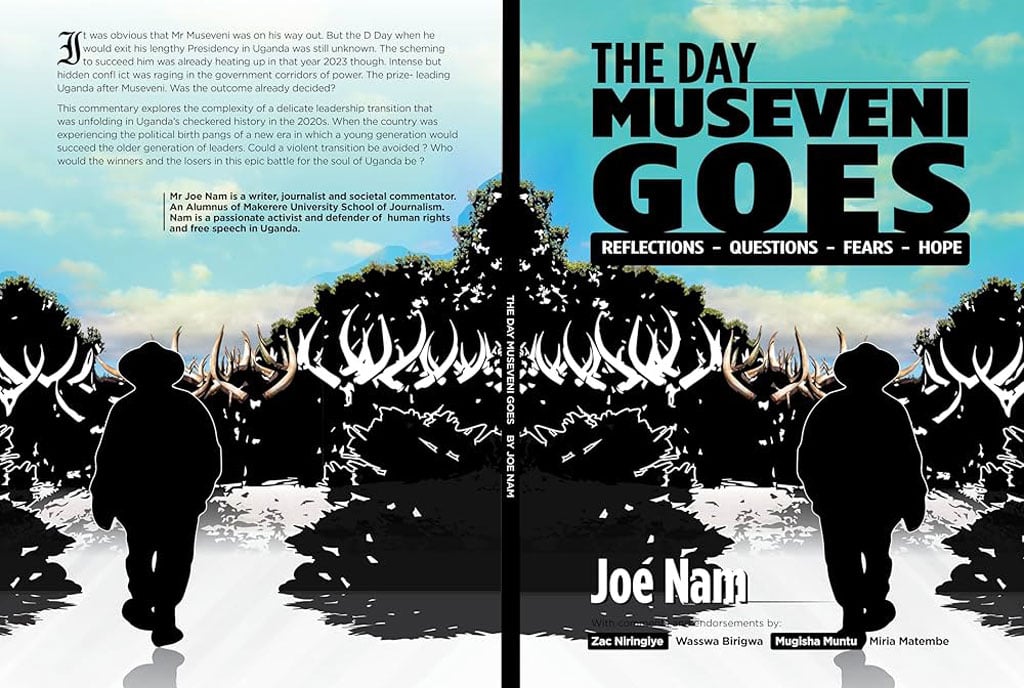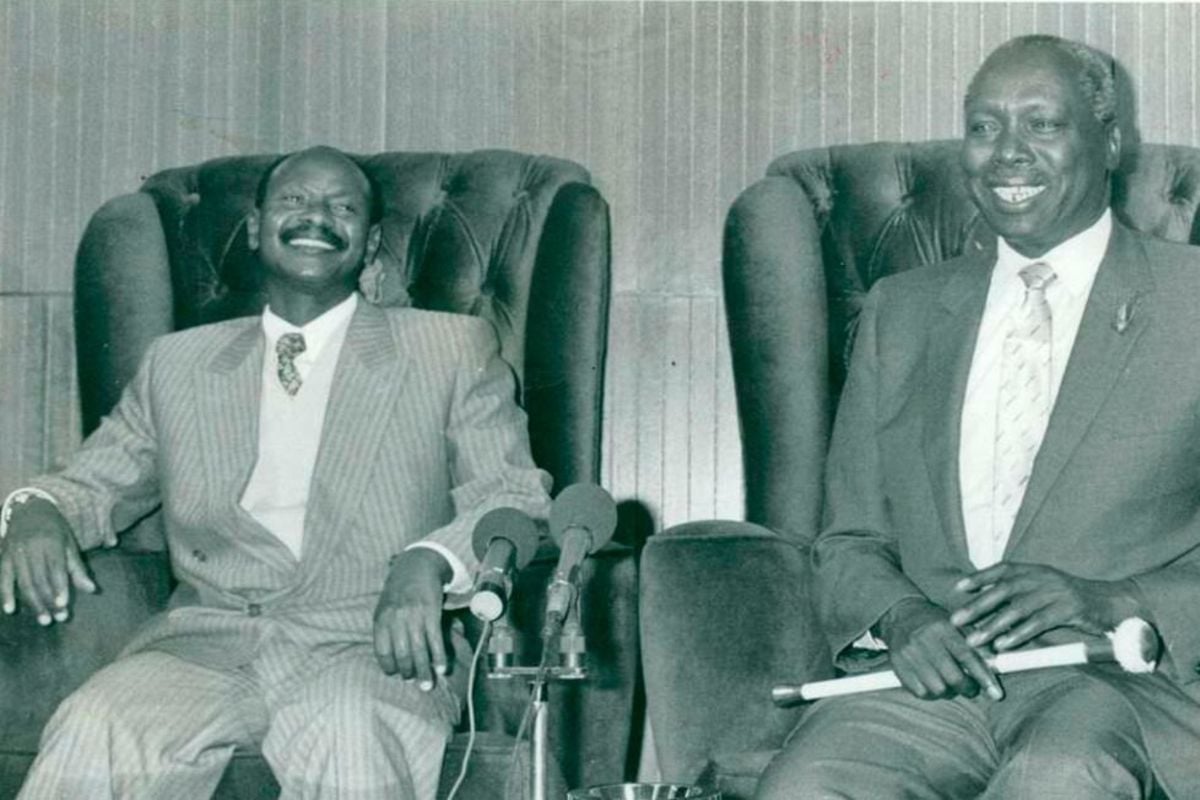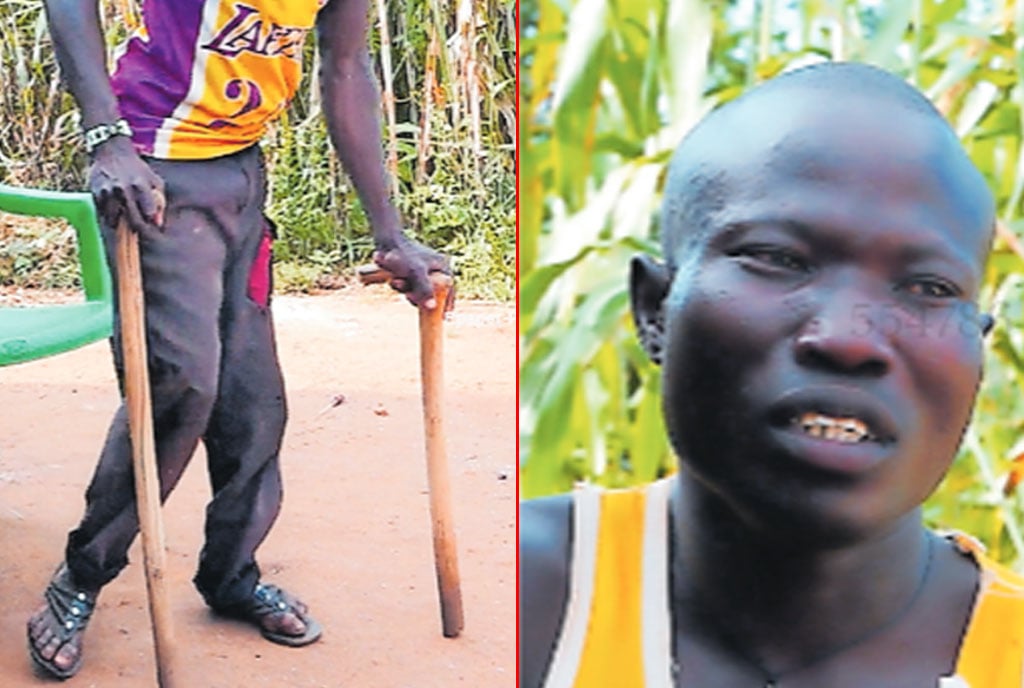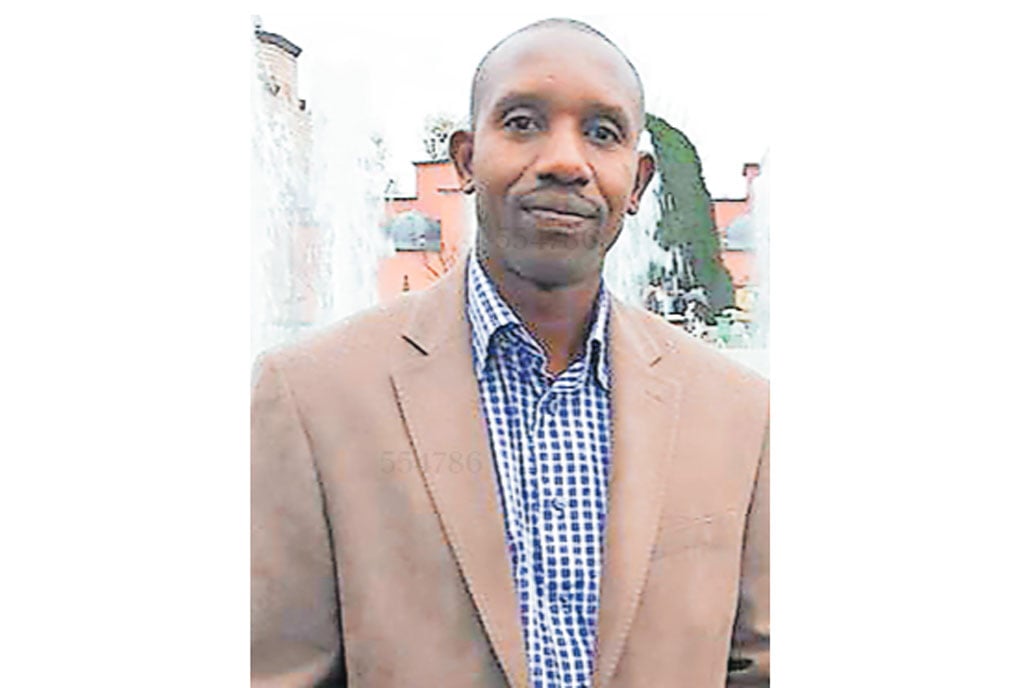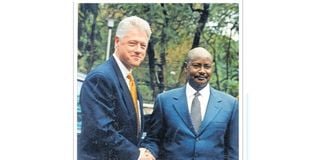
Former US president Bill Clinton (left) and his Ugandan counterpart Yoweri Museveni in Kampala in 1998. PHOTO/ FILE
President Museveni, speaking through an aide, told the Reuters news agency that whereas foreigners were free to air their views on developments around the politics of Uganda, there was no way they could force the country into making changes to the newly adopted Constitution.
“But to think that they can force us to change something that has been agreed on democratically is totally out of the question,” Mr Museveni said.
The statement was made on Saturday, October 14, 1995, in Kampala, a day after Mr Wayne J Bush, the deputy chief of mission at the United States Embassy in Kampala, raised concerns about some sections of the new Constitution and the conduct of presidential and parliamentary election scheduled for April and May the following year.
Mr Bush, while addressing attendees at a seminar organised by the National Organisation of Civic Education and Election Monitoring (NOCEM) at Colline Hotel in Mukono, criticised parts of the new Constitution.
It was formed to carry out civic education in the run-up to the March 1994 Constituent Assembly (CA) elections, which it together with other national and international observers monitored, but was often the subject of attacks from the National Resistance Movement/Army (NRM/A).
On January 26, 1994, Mr Museveni publicly attacked it as partisan. That is where the subsequent announcement, a few months later, that its accreditation as an NGO had been withdrawn, albeit without any sound reason for the disqualification, came as no surprise.
The criticism
Mr Bush’s criticism of the Constitution came five days after the document was promulgated at the Constitutional Square in Kampala at a function at which the visiting executive prime minister of Ethiopia, Meles Zenawi, was the chief guest.
The Monitor newspaper of October 16, 1995, reported in the story, “US queries elections, Museveni hits back,” that Mr Bush told the seminar that the US would not be providing “election support until these issues are clarified”.
“As a potential donor, we cannot make a final decision on election support until these issues are clarified... The American people will not countenance American government support for an election process which is seriously flawed,” Mr Bush was quoted to have said.
The comments in Mukono were in line with sentiments expressed earlier in May in which the Americans warned Uganda against making a Constitution that preserved an indefinite monopoly of power by the Movement and continued prohibition of the rights to association and assembly.
The statement was issued about a month before the president general of the Democratic Party (DP), Paul Kawanga Ssemogerere, and the assistant secretary general of the Uganda Peoples Congress (UPC), Cecilia Atim Ogwal, tabled a motion that sought to have Article 94, which subsequently enshrined the Movement system of government in the Constitution, deleted from the draft constitution. They lost the vote on June 20, 1995.
Questioning the Constitution
Mr Bush said despite the diligent efforts of so many CA delegates, the Constitution contained a serious flaw.
“I cannot stand here today and say that Uganda’s new Constitution lives up to the promise of the process that created it. Article 269, which restricts genuine political party activity, is a blot on the face of this Constitution. It is an anomaly which we urge Ugandans to correct at the earliest possible date,” he said.
Article 269 barred parties from engaging in “any activities that may interfere with the movement political system” was written into the 1995 Constitution. The same Article barred them from operating branches, holding public rallies and sponsoring candidates for political office for as long as the Movement system was in force.
“The restrictions embodied in Article 269 are profoundly at odds with the need to build a culture of political tolerance in Uganda,” Mr Bush said.
The American said the burden was now on the government to demonstrate that it could pursue policies and devise an election law which ensured that there could be genuine competition for political power, despite the hobble of the obnoxious article.
Speaking at the same seminar in Mukono, then Danish ambassador Thomas Schjerbeck, had a divergent view about the new Constitution. He hailed it as “an important foundation for peace and stability”, adding that it was appreciated by at least 80 percent of the adult population of Uganda.
“I think that the most important element in the Constitution-making process is that it has been worked out in an overall democratic way,” Schjerbec said.
He too, however, warned that although they had already pledged to support the forthcoming elections, they would only commit themselves if the playing field was level.
Museveni hits back
Mr Museveni was quoted by the newspaper to have said his government has always been open to debating, but that it would not back down.
“But if some people think that because of this they can order us around, they are mistaken,” Mr Museveni told Reuters.
He also pointed out that the country would pick its own election bill if the Americans and other development partners were unwilling to help.
“Uganda will pay for the elections, whether our foreign friends give us aid or not,” Mr Museveni said.
NRM accused
It should, however, be noted that one of the accusations levelled against the NRM at the time was that it had already started campaigning while restricting the activities of the political Opposition.
“There are reports that the NRM is already organising and campaigning…I ask whether this is fair, given the restrictions on those who oppose the NRM,” Mr Bush said.
Mr Bush was also quoted to have given a disclaimer saying the sentiments that he was expressing were his, but he hastened to add that they were a pointer towards what Mr Michael Southwick, the US ambassador in Kampala, would have said.
He also pointed out that his sentiments were indicative of the views and concerns of the government of the United States of America.
Following the Brits
It should, however, also be noted that the Americans’ warnings came about a fortnight after Britain’s High Commission to Uganda, Mr Edward Clay, stung the NRM government during a seminar organised by the Foundation for Human Rights Initiative (FHRI) in the eastern town of Mbale.
Mr Clay re-echoed remarks that had earlier been made by Baroness Lynda Chalker, the British minister for Overseas Development, during her visit to Uganda earlier that year that the British were ready to support the forthcoming election process provided they were “satisfied with the electoral arrangements and that a level playing-field existed”.
Mr Clay said government officials had in recent weeks been seen travelling to various parts of the country while enjoying the full services of the State including police, information and local authorities, while their counterparts in the political Opposition were not allowed anything like it.
Mchaka Mchaka
The British High Commissioner also questioned the appropriateness of the political and military education courses, popularly known as Mchaka Mchaka.
“It is a self-confessed form of indoctrination and too closely associated with the representative elements of what was in origin a military dictatorship to appeal to democrats,” Mr Clay said.
Mr Bush while speaking in Mukono, said the Americans were in total agreement with what the British had earlier said on matters around freedom of opinion, expression and freedom of assembly and association.
He also took aim at Mchaka Mchaka saying the government either suspended it as was the case in the run up to the CA elections or stop it permanently. What was required, he said, was civic education.
“In fact, Mchaka Mchaka is completely inconsistent with democracy and freedom,” Mr Bush said.
Mr Schjerbeck, was also dismissive of Mchaka Mchaka saying it was biased and partial. He called on the government to stop it.
VIEW
I cannot stand here today and say that Uganda’s new Constitution lives up to the promise of the process that created it. Article 269, which restricts genuine political party activity, is a blot on the face of this Constitution. It is an anomaly which we urge Ugandans to correct at the earliest possible date,’’ Mr Wayne J Bush, then deputy chief of mission at the United States Embassy in Kampala


